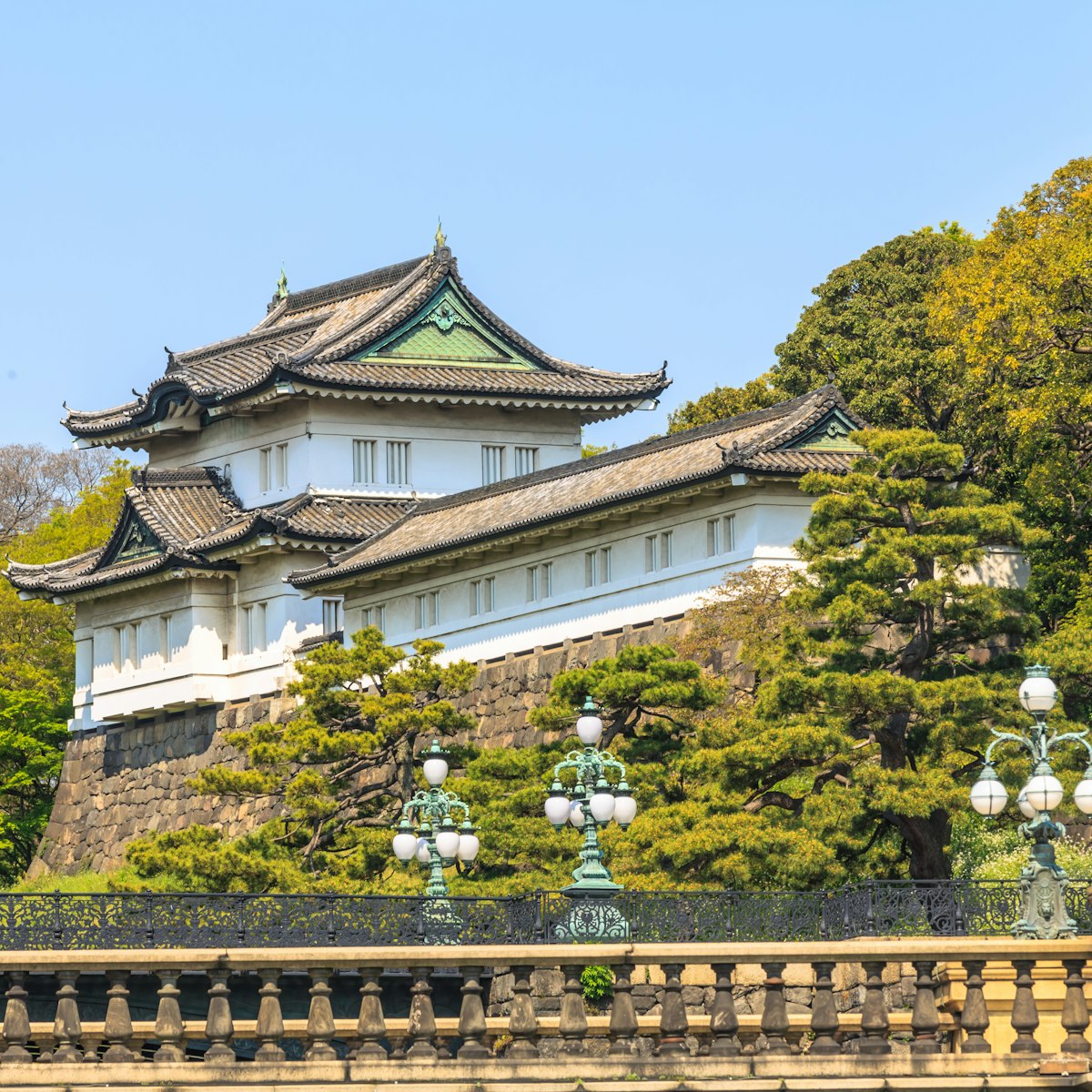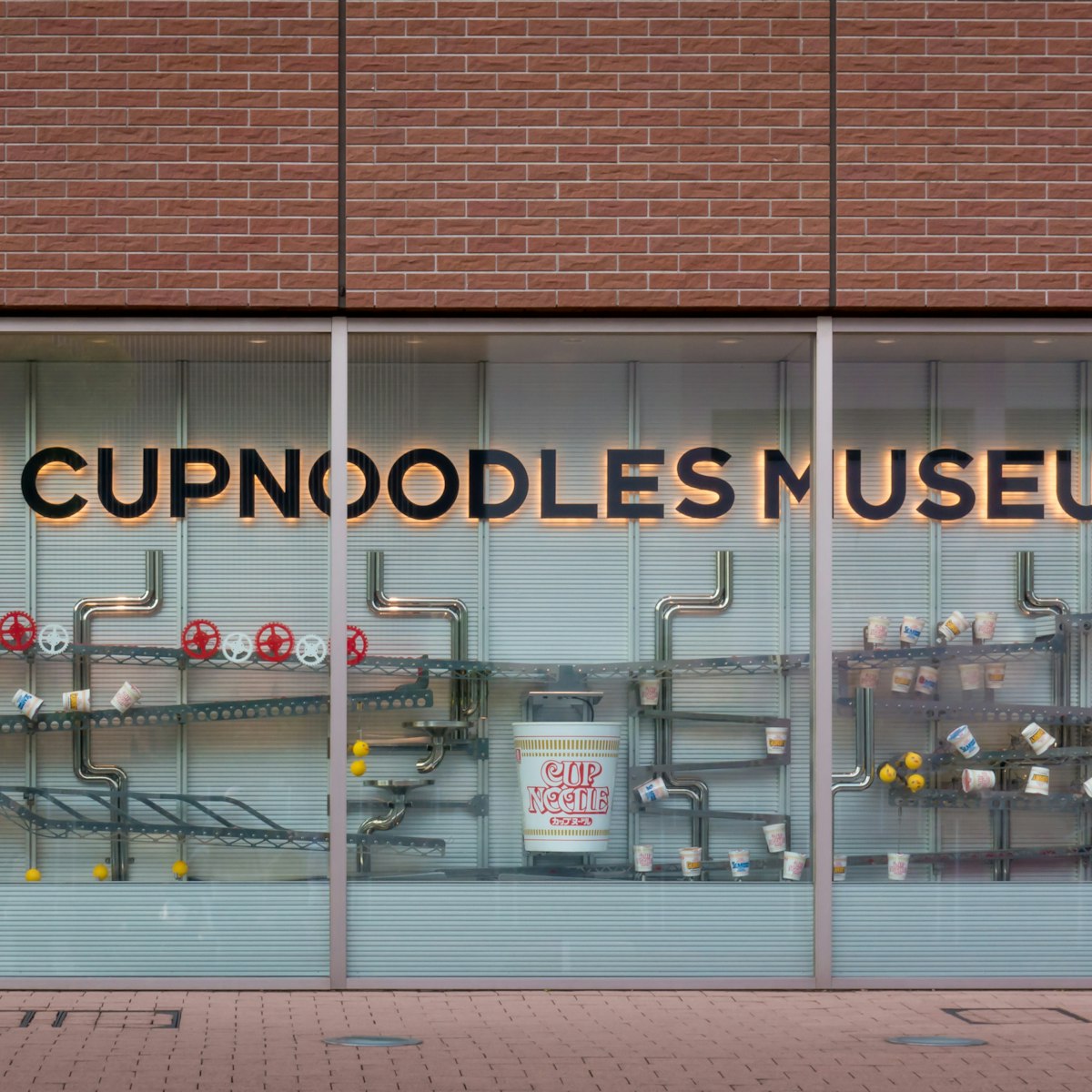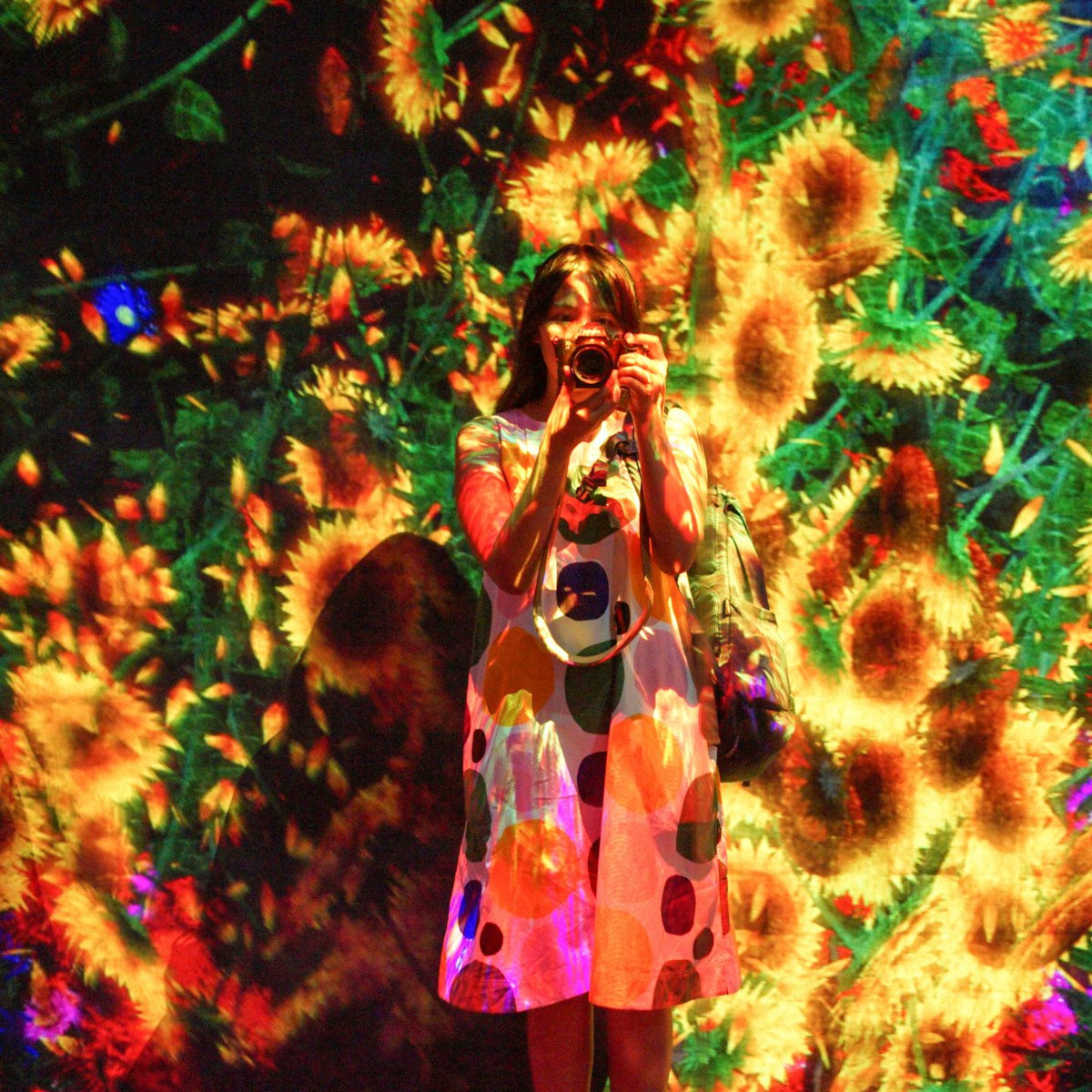This small museum (where you swap your shoes for slippers) is the best place in Tokyo to see ukiyo-e. Each month it presents a seasonal, thematic exhibition (with English curation notes), drawing from the truly impressive collection of Ōta Seizo, the former head of the Toho Life Insurance Company. Most exhibitions include a few works by masters such as Hokusai and Hiroshige. The museum closes the last few days of the month (between exhibitions).
The shop in the basement sells beautifully printed tenugui (traditional hand-dyed, thin cotton towels).







